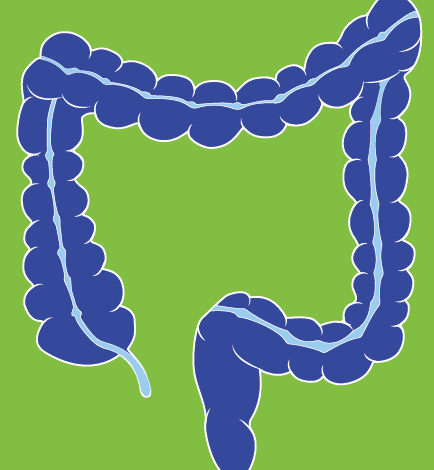This year, National Women’s Health Week begins on May 8 and National Men’s Health Week on June 12. While men and women have the same goal of being healthy, it’s important to acknowledge the different biological and social factors of both genders as well as understanding the differences in order to take necessary steps for a healthier lifestyle.
Exercise
Staying in shape is easy and affordable with at-home workouts, plus they can be done at anyone’s convenience. Exercises can vary from full body workouts or ones that focus on specific areas like legs, glutes, arms, or abs. For women, it’s recommended to choose six types of exercises and do them in two circuits. Women should aim to do each exercise for 12-14 reps and do three rounds through each circuit. Depending on the goal of building muscle or slimming down, try to exercise for about 30 minutes at a moderate intensity.
For women who are expecting a baby, at-home workouts are highly recommended. Exercise can help strengthen your heart, reduce fatigue, and increase your lung capacity. It can also help reduce common discomforts that women experience during pregnancy, like body aches, muscle pain, and swollen feet and hands. Try to do a 30-minute circuit training of moderate to low intensity aerobic exercise five days a week.
Men are more likely than women to be diagnosed with heart disease, have a stroke, or be diagnosed with high blood pressure. Doing daily exercise can help reduce the chances of being diagnosed with these conditions. One popular workout routine for men is called The Scientific 7-Minute Workout. It’s a high-intensity exercise circuit that’s been proven to increase basic fitness and help with weight loss. The workout includes different types of exercises performed in 30-second circuits, like jumping jacks, push-ups, and squats.
Dietary Plan
Eating healthy is important for both men and women. A well-balanced diet of fruits, vegetables, lean proteins, and whole grains can help reduce the risk of chronic diseases. Women need more iron and calcium than men, so they should focus on eating foods like spinach, bananas, and white beans. It’s important to eat healthy to stay healthy, especially as you get older.
Men should limit their alcohol consumption to avoid the risk of liver disease. Women should also avoid large amounts of alcohol and foods with added sugar, saturated fats, and sodium. As you get older, it’s important to eat foods fortified with vitamin B12 to maintain good blood flow and strong nerve cells. If you need help with meal planning or have questions about a healthy diet, HJAHC has a registered Dietitian/Nutritionist to guide you toward a healthier lifestyle.
Screenings and Routine Doctor Visits
It’s important for men and women to attend regular check-ups and screenings. Men should pay attention to their blood pressure and cholesterol levels since they are more likely to develop these health issues. Men are also more at risk for colon cancer, so screenings are recommended starting at age 45. Women should focus on signs of breast cancer, cervical cancer, and osteoporosis during their check-ups. Women can perform a simple test called The 3-Step Check to detect lumps on their breasts. It’s also important for both men and women to practice safe sex and be screened for sexually transmitted diseases.
Mental health is also a growing concern for both men and women, but women are more likely to experience stress, develop autoimmune diseases, and be diagnose with depression. Techniques such as meditation, yoga, or deep breathing can help reduce stress levels. HJAHC offers treatment from their Behavioral Health team and routine counseling to help cope with any form of trauma.
Sources:
https://www.womenshealth.gov/nwhw/tools/ideas-for-celebrating
https://www.goodhousekeeping.com/health/fitness/a31478709/home-workout/
https://manofmany.com/lifestyle/fitness/best-no-equipment-home-workouts-for-men
https://manofmany.com/lifestyle/fitness/7-minute-workout
https://www.eatforhealth.gov.au/food-essentials/how-much-do-we-need-each-day/sample-meal-plan-women
https://www.nia.nih.gov/health/healthy-meal-planning-tips-older-adults





